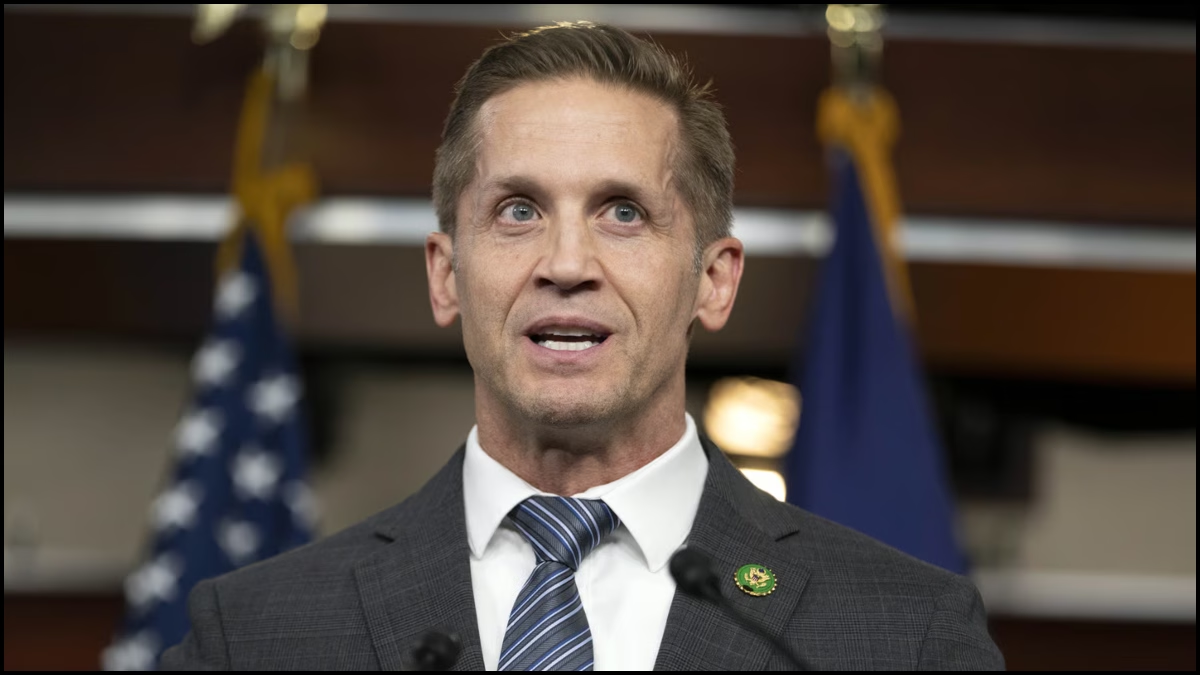New Delhi, India — A draft government plan indicates that India will require up to $21 trillion to meet its climate objectives and elevate its population out of poverty. This ambitious strategy outlines the nation’s commitment to achieving net-zero emissions by 2070, with a projected peak in emissions by 2045, a decade earlier than previously anticipated.
The plan emphasizes the necessity for substantial investments in renewable energy infrastructure, sustainable urban development, and poverty reduction initiatives. Key components include the expansion of solar and wind energy capacities, the development of green transportation networks, and the implementation of energy-efficient technologies across various sectors.
Experts highlight the importance of both domestic and international funding to realize these goals. The draft plan suggests leveraging public-private partnerships, green bonds, and climate finance mechanisms to mobilize the required capital. Additionally, the strategy underscores the need for policy reforms to facilitate the transition to a low-carbon economy and ensure equitable growth.
While the plan sets an ambitious trajectory, it also acknowledges the challenges ahead, including technological advancements, financial mobilization, and social inclusivity. Nevertheless, the government’s proactive approach signals a strong commitment to addressing climate change while fostering sustainable development.















